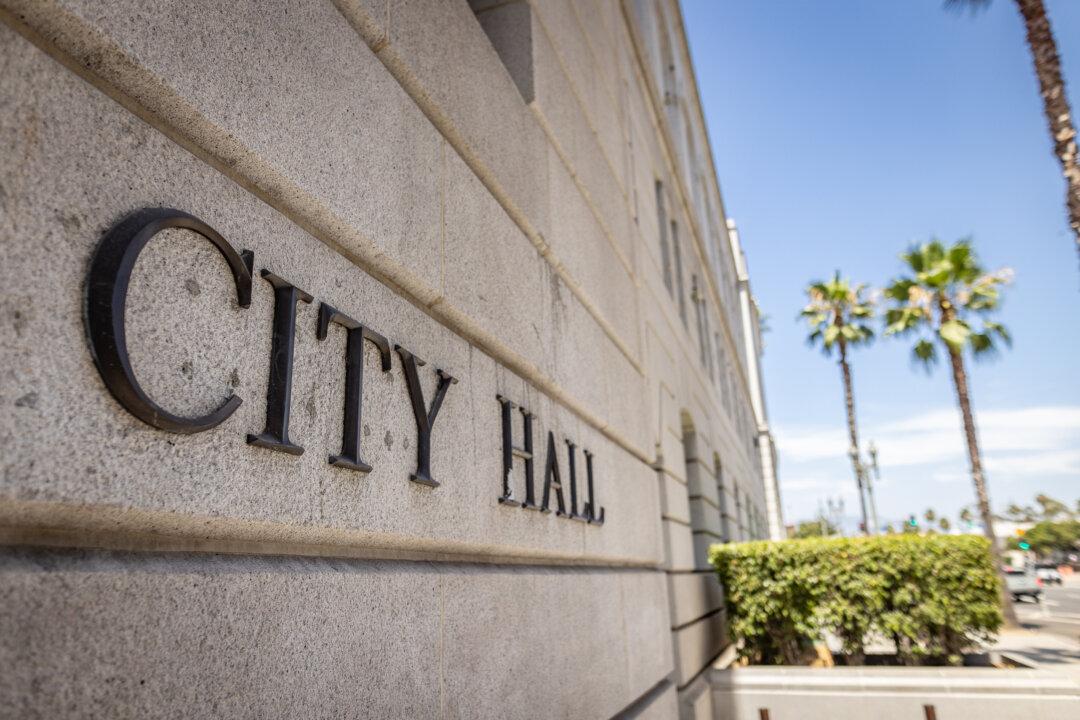The Hillsboro Police Department in Oregon experienced a crisis in January 2013, when a 13-year veteran officer, drunk and armed with a rifle, frightened his wife into calling 911. What followed was an hour-long standoff at his house, ending in a shootout with 10 of his fellow officers.
Fortunately, no one was injured, but former officer Timothy Cannon was later sentenced to 10 years in prison.




